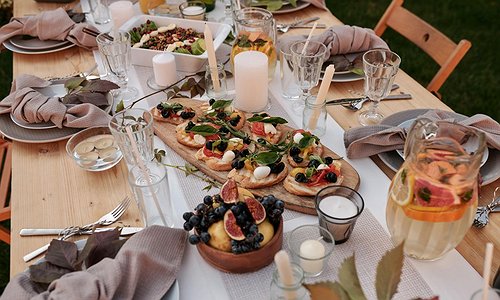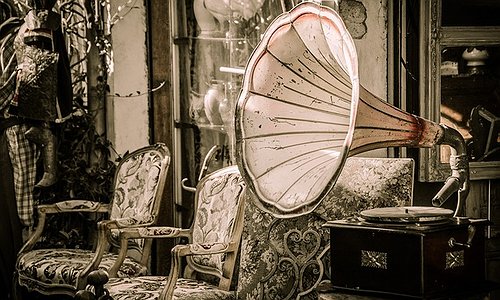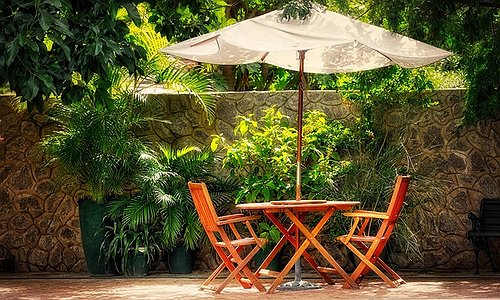Pierre Jacobs tells a story of plants and place

In the Karoo, you come to know a plant by its scent before you learn its name.
Step into the veld on an early morning, and the air is sharp with the dry perfume of Karoobos and the resinous undertone of Gannabos. These are not the heady, showy blooms of softer landscapes. The Karoo’s plants are stubborn and quiet, built for endurance. They don’t ask to be admired, only understood.
Pierre Jacobs grew up among them. On a farm, with a knowledge that came from years of observation and interaction with his environment, he absorbed the names and uses of the region’s hardy flora as naturally as a child might learn stories at bedtime.
He would later study agriculture, formalising what the veld had already taught him: that everything in the Karoo speaks in scent, in flavour, in survival.
“It was always the scent,” he told Karoo Times. “Growing up on a farm… you’re aware of it. The vegetation has its own language.”
Jacobs has never been far from this land, not really. Though he spent some years away, that life never settled into him. The Karoo, as he puts it, is where he was born. “Out of the Karoo, for the Karoo,” he said. “People don’t come here to see Sandton. They come here to feel something real.”
He described the place not with sentiment but with the kind of reverence that comes from having stood alone on a koppie after a hard day, looking out over silence. “Inspiration at your doorstep,” he called it. Not in the grand gestures, but in the way the world holds steady even when you don’t.
This connection to place isn’t nostalgia. It’s a kind of loyalty to the land and its unassuming depth. Jacobs has watched the Karoo change over time, not through sweeping transformation, but through small, persistent ingenuity. “We’ve taken the bull by the horns,” he said, listing game farms, guesthouses, side-hustle bakeries and biltong counters - the things that keep a town alive when the nearest mall is 200 kilometres away. “You can’t just wait for something to happen here. You make it happen.”
He knows the road out. But he chose to stay.
And from that staying, something unexpected was born – not out of ambition, but out of curiosity. If Karoobos and Gannabos shape the taste of lamb, he wondered, what else might they infuse? What other expression could they take?
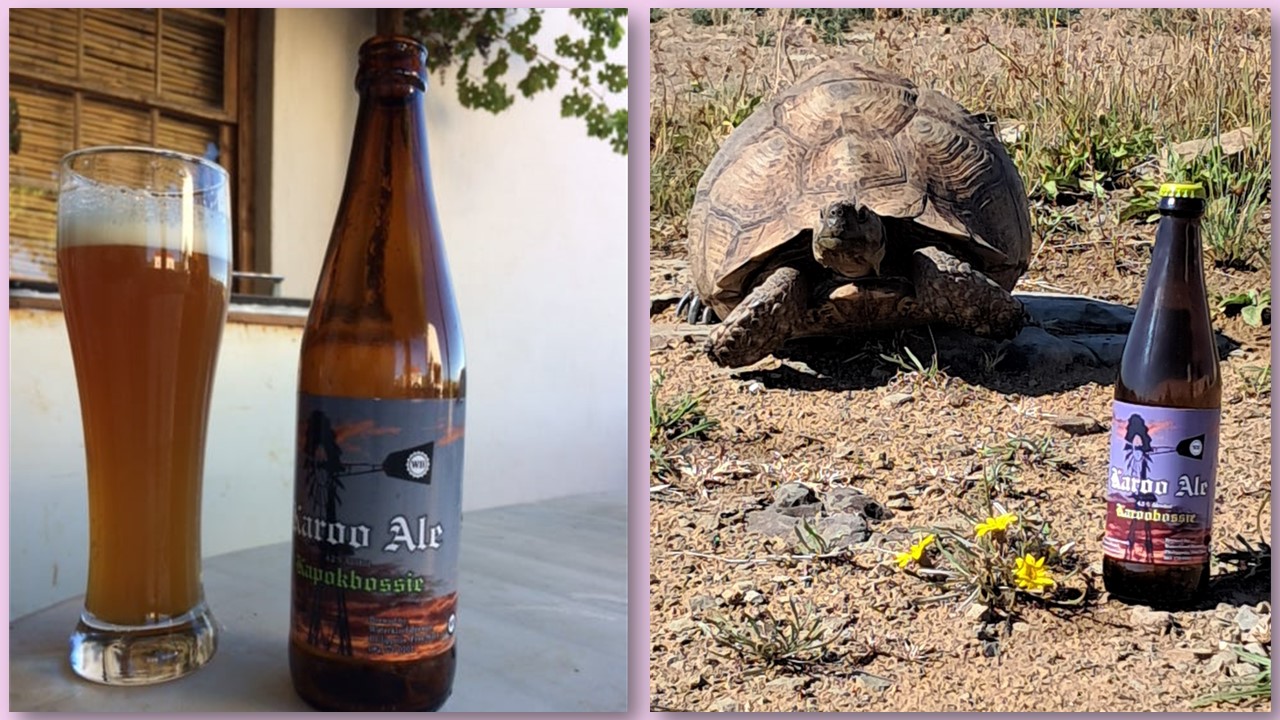
The result, eventually, was Karoo Ale: an experiment turned small-batch reality. A craft beer, unlike others, brewed not to mimic the trends of Cape Town or Joburg, but to speak fluently in the language of the veld. “It was purely the taste and aroma,” Jacobs said of the plants. “That’s where it started.”
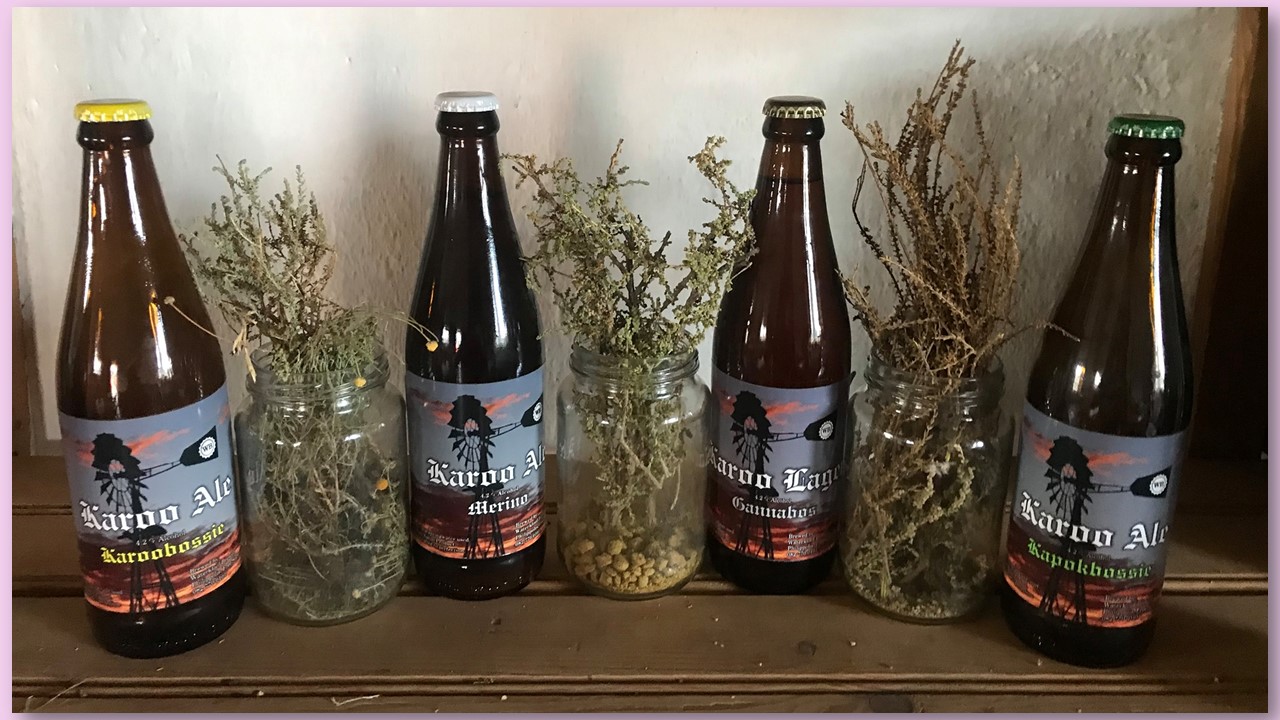
The ale became a way of working with, rather than against, the Karoo. A way of saying: this is what the land tastes like. Bitter and fragrant. Dry and surprising. Wild, but not unknowable.
Like Jacobs himself, it doesn’t shout. It simply insists: I was made here. I belong here.


